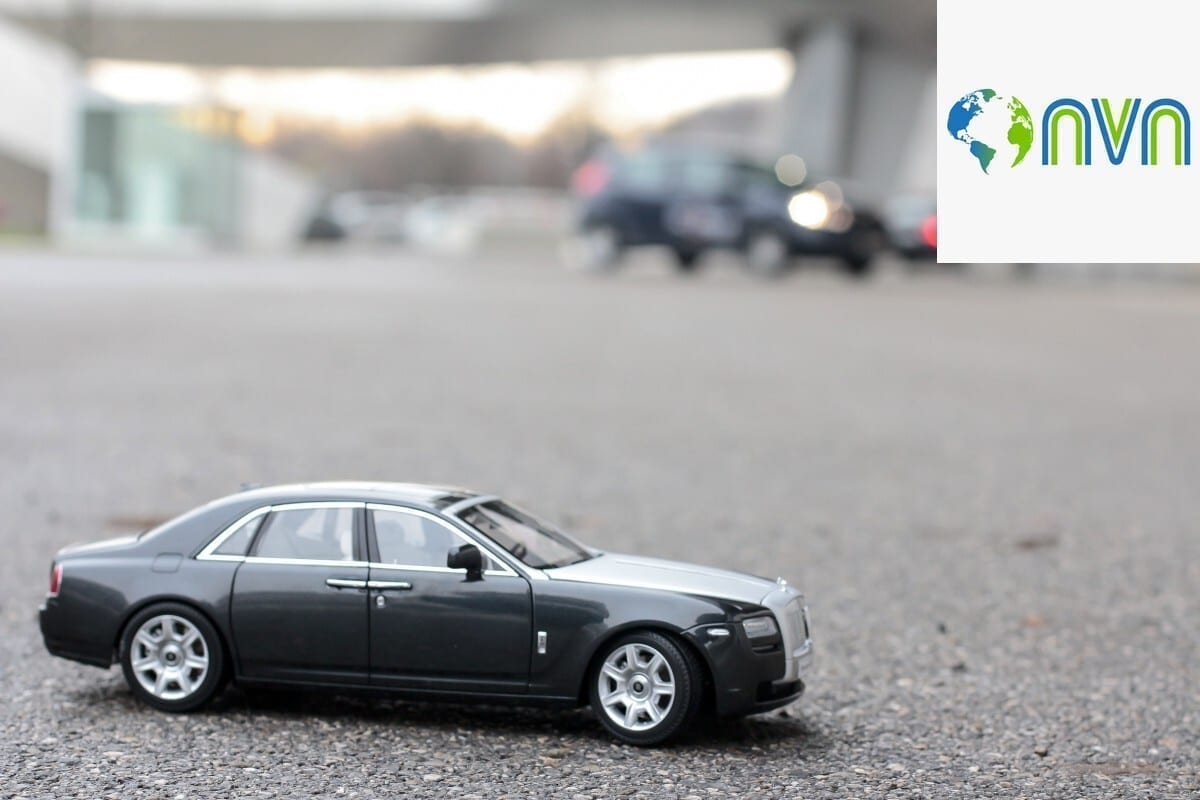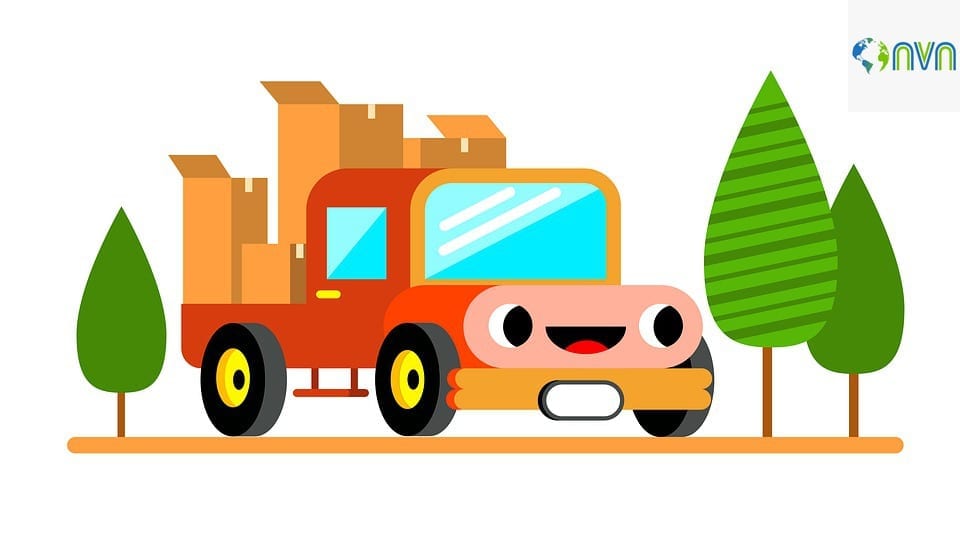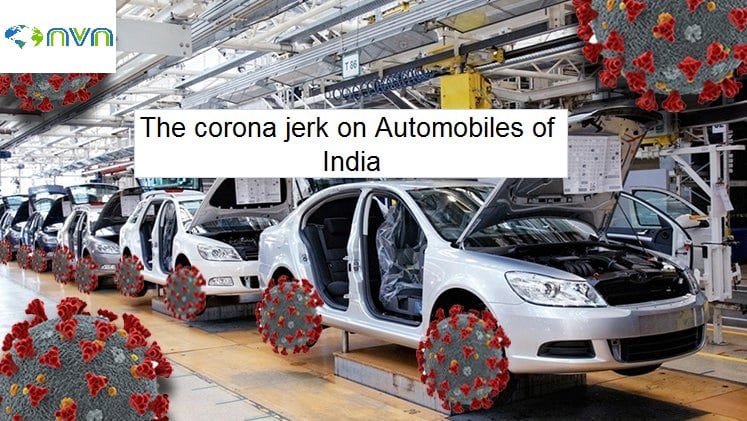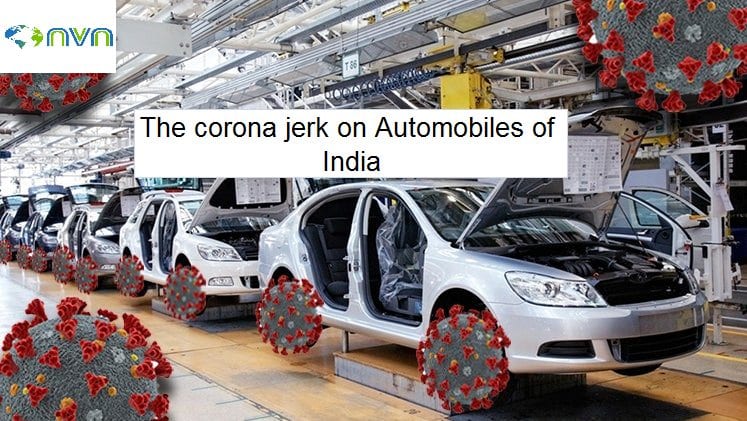Auto
Auto-Adjusting To The Pandemic Era

The automobile sector has been a subject of great interest to almost everyone who had once aspired to buy robust motorbikes, flashy cars, or other mileage friendly vehicles.
However, with the automobile industry experiencing an absolute standstill due to the widespread pandemic, it has brought an air of gloom to the automobile fanatics around the globe. From reduced to no sales and minimal movement across the world, the automotive sector, like others, is facing huge losses and depreciation.

Auto adjusting to pandemic era
Not only this, the numerous layoffs taking place in the sector, is also increasingly adding to the unemployment statistics of the nation, thus pushing the economy towards a situation of instability. Owing to the fact that the automotive sector contributes approximately 7.5% to the overall Indian GDP and also accounts for a staggering 49% of the manufacturing domain, the downfall of this sector can have severe effects on the nation as a whole.
In the recent past, the rules and regulations laid down by different state governments as well as the center, in India, focuses on bringing the economy back-on-track. They plan to achieve this by gradually unlocking different sectors and by suggesting supportive means and ways through which a re-entry is plausible, into and after the pandemic period. However, though the restrictions have been lifted to a great extent all across India, to facilitate the travelers as well as those dependent on this sector to earn a livelihood, basic guidelines still hold true. The entire CoVid-19 scenario has brought the aspects of sanitation, social distancing, and hygiene to the forefront. Thus, maintaining these norms/rules form an essential part of the pandemic and post-pandemic world.
Owing to all this and more, it is not completely wrong to speculate that, in near future, people would refrain from traveling in shared vehicles and/or stress more upon buying automobiles for personal use. Not only this, as an attempt to safeguard one’s self, people would also move away from traveling in public transports, thus leading to a dip in the graph of revenue generation for this sector. Besides, the work from home culture will curtail the need of travelling to work daily, and indirectly, lead to a reduction in the demand for cars.
Dealerships would also be affected greatly as people would flock to digital platforms for purchases. Thus, it is of great importance to bring in ways and means to ensure that the norms of the new normal are followed yet sales are not hit hard.

Automotive industry gearing up for the post pandemic era
So, taking into consideration all these aspects, a preferable solution could be the increased use of two-wheeler, majorly focusing on its electric wing. Along with this, redesigning of the vehicles in such a way that the surfaces can be cleaned and disinfected easily, can also be a crucial move in such times. Besides, introducing flexible partitions to separate passengers from driver, efficient PM (particulate matter) filters, and periodic disinfection or sanitation mechanisms can essentially help in adding value to the automobile industry.
In such times of distress, the need of the hour is to develop and bring in sustainable solutions, into the automobile industry, and work towards a future wherein stagnancy in life can be shed. Today, India as well as other countries, is beaming with exceptionally talented youth, who are motivated to bring change. From innovative electric autos having partitions to auto-sanitation mechanisms developed by the student fraternity, reiterates the fact that investment in youth is of great importance as it is they who strengthen our belief in where there is a will, there is a way.

































